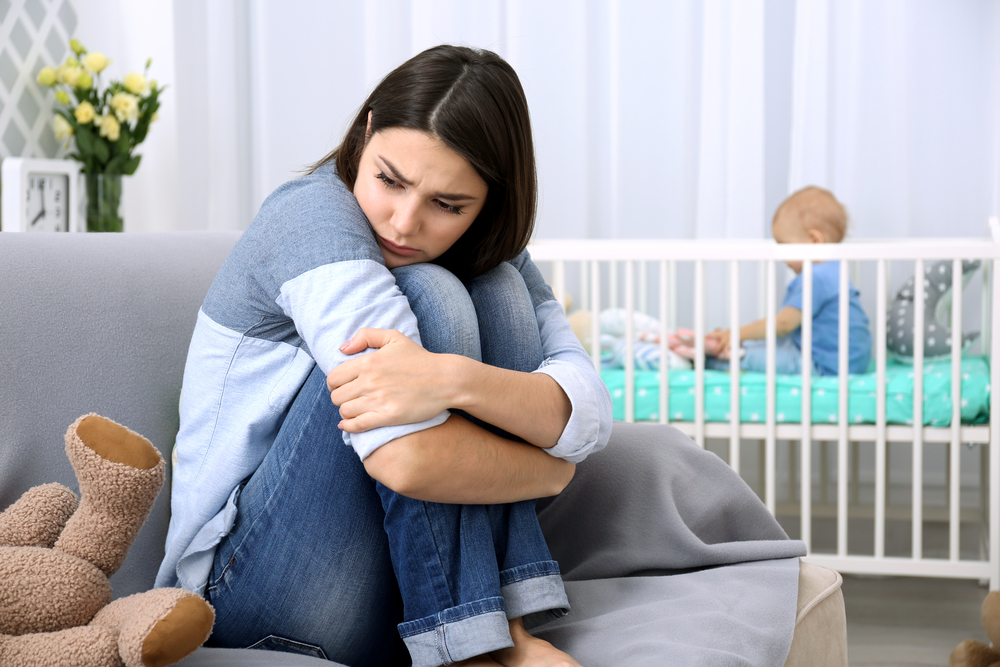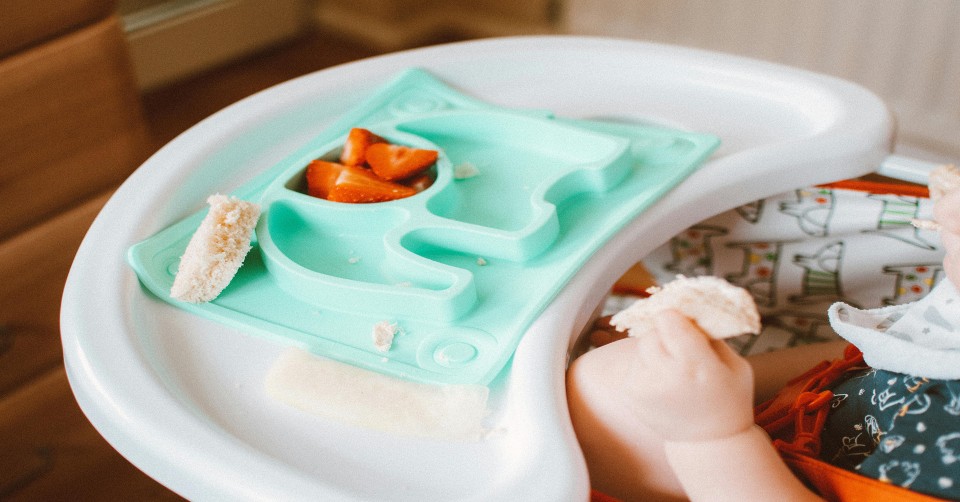After Delivery
How Do You Know Postpartum Depression is Happening?

1 in 7 women develop Postpartum Depression which is Depression triggered by childbirth.
Not only can it occur after birth but at any time around pregnancy which we call perinatal depression. There are some normal changes that do occur after giving birth which are considered normal and are referred to as Postpartum Blues. But how can we differentiate them and to what extent are these changes considered normal?
In the beginning they often look the same and share many symptoms such as mood swings, crying, sadness, insomnia, irritability and anger. However, In Postpartum Depression they are much more severe and last longer. The blues occur within the first few days and don’t go beyond 2 to 3 weeks, whereas depression may start around 2 weeks.
As time goes on the mother with baby blues gets better, whereas the depressed mother keeps getting worse. By getting worse we mean that there is seldom any kind of improvement with support from surrounding friends and family.
There are some specific symptoms that are red flags and only present in depression such as inability to take care of her newborn, lack of bonding, withdrawing from friends and family. There may be feelings of worthlessness and guilt. Usually they tend to have feelings of inadequacy such as being a “bad mom” and “not deserving this baby” to a point where it can become extremely overwhelming and can start to develop the desire to end her life.
A very important symptom to look out for is lack of sleep, especially when the baby is sleeping because that is the usual time for mothers to rest. Depression is often accompanied with anxious thoughts surrounding the baby and his/her wellbeing.
The key is to recognize the symptoms very quickly and encourage seeking professional help as it may endanger both mother and child!














